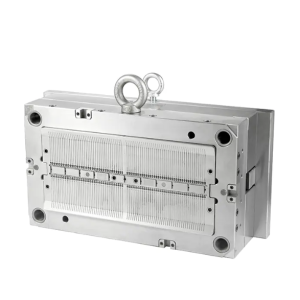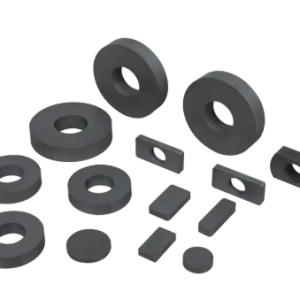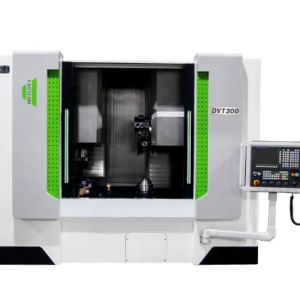Compostable sauce cups have emerged as a trending solution, offering a new eco-friendly option in our daily lives. This article delves into the characteristics, materials, and the significant role they play in reducing plastic pollution.
What Are Compostable Sauce Cups?
Compostable sauce cups are specifically designed to hold condiments, dressings, or small servings of liquid foods. Unlike conventional plastic cups, these are designed to decompose naturally, either through industrial composting or home composting environments, integrating back into nature within months.
Materials and Eco-Friendly Traits
These cups are commonly made from:
Bagasse (Sugar Cane Fiber): A byproduct of sugar production, it's 100% natural and rapidly biodegrades.
Ingeo™ Bio-Based Plastics: Derived from plant sources like cornstarch, offering a sustainable alternative.
Bamboo and Bagasse Blends: Combining the durability of bamboo with the sustainability of bagasse, creating sturdy yet eco-conscious solutions.
These materials reduce reliance on fossil fuels and ensure a lesser environmental impact at the end of their life cycle.
Wide Applications and Benefits
From fast-food joints to fine dining restaurants, and from takeout services to family gatherings, compostable sauce cups find versatile use. They cater not just to sauces but also to dips, salad dressings, and more, aligning with consumer demands for convenience and sustainability.
Environmental Advantages
Reducing Plastic Pollution: Annually, plastic waste poses a significant environmental challenge, and the adoption of compostable sauce cups combats this issue.
Catalyzing a Circular Economy: By using bio-based materials, these cups contribute to a cycle where resources are reused effectively.
Enhancing Brand Image: Restaurants that adopt such eco-products signal commitment to sustainability, attracting environmentally conscious consumers.
Buying and Usage Guidelines
When selecting compostable sauce cups, verify they carry industrial or home compostable certifications. Consumers should also understand local composting facilities to ensure proper disposal, collectively advancing towards a greener planet.






